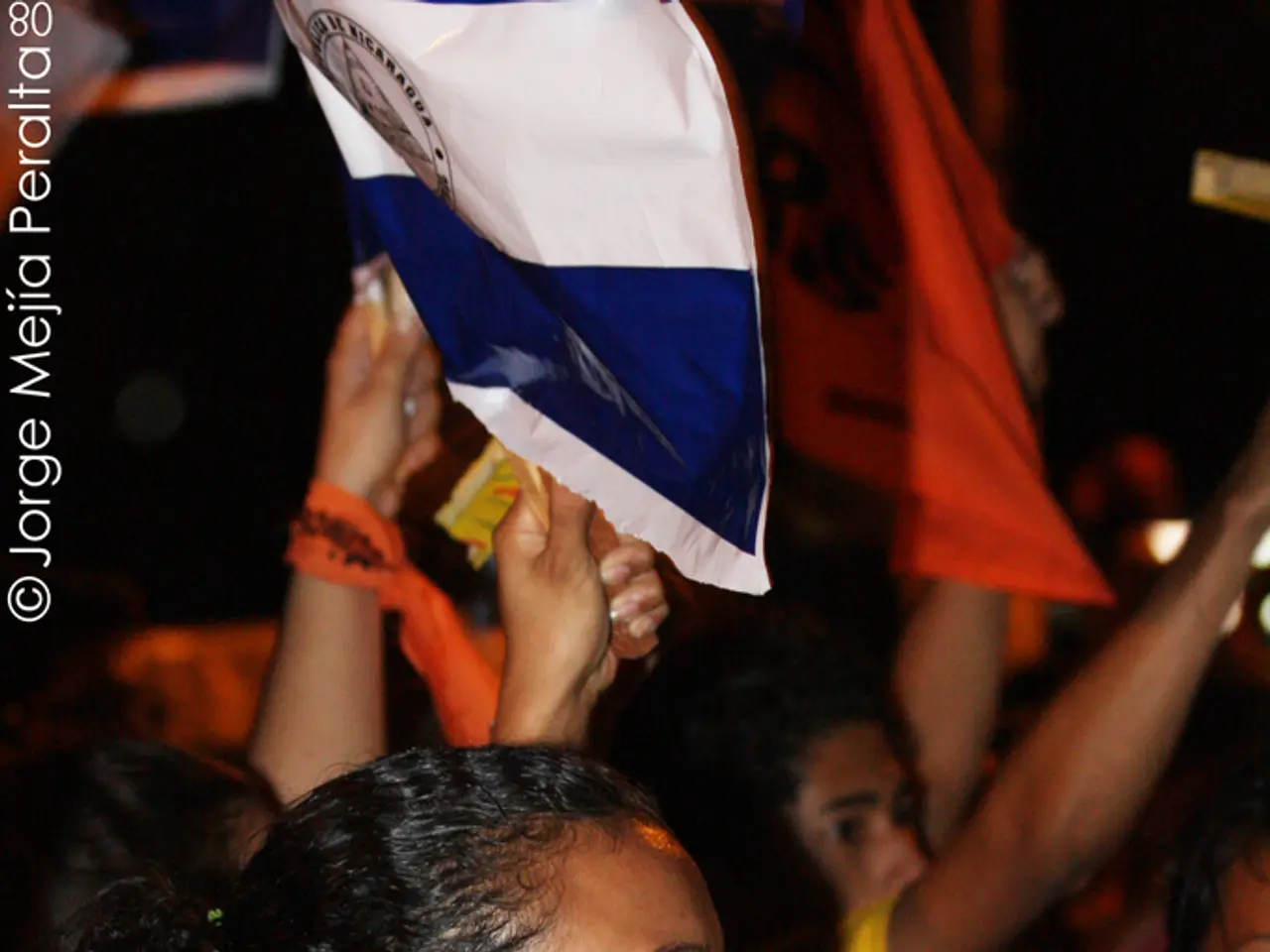Three minors in Sierra Leone succumb to female genital mutilation practices, defying efforts to ban the tradition
In Sierra Leone's North West province, reported incidents of female genital mutilation (FGM) have once again come to light last month, raising concerns about the practice's continued legality in the country. On February 2, 2024, The Guardian reported the tragic deaths of three girls aged 12 to 17 due to FGM. The names of the deceased girls are Adamsay Sesay, Salamatu Jalloh, and Kadiatu Bangura.
FGM, a practice that involves the ritual cutting or removal of some or all of the external female genitalia, remains legal in Sierra Leone despite calls for its criminalization. The UN classifies FGM as a violation of women's and girls' human rights.
Divya Srinivasan, an individual working on ending harmful practices at NGO Equality Now, has expressed her concerns about the government of Sierra Leone's apathy towards the ongoing deaths from FGM and their unwillingness to take action to prevent these deaths or prohibit the practice.
The procedure is part of a traditional initiation ritual in Sierra Leone and is usually carried out by senior members of the Bondo societies, all-women secret societies. A national survey in 2019 found that 83% of women in Sierra Leone had undergone FGM, a slight drop from 90% in 2013.
Among women who have heard of FGM in Sierra Leone, 48% believe that it is not a requirement of their religion. The genital mutilation of young girls and women is a central pillar of the Bondo societies in Sierra Leone.
The reported deaths underscore the global need to address and eliminate FGM as a violation of human rights. In 2012, the UN unanimously passed a resolution to ban female genital mutilation. However, FGM is still practiced in some countries within Africa, Asia, and the Middle East.
A further 34% of women in Sierra Leone believe that FGM should not be continued. The reported incidents highlight the urgency for Sierra Leone to criminalize FGM to protect the rights and lives of women and girls.
Srinivasan, the Global Lead, End Harmful Practices at Equality Now, emphasizes the importance of taking action to end FGM. "The deaths of these girls are a tragic reminder of the ongoing issue of FGM and the need for its eradication," she said. "It's time for Sierra Leone to take a stand against this harmful practice and protect the rights and lives of its women and girls."
The reported incidents serve as a call to action for the international community to address the ongoing issue of FGM and work towards its elimination as a violation of human rights.
Read also:
- Hospital's Enhancement of Outpatient Services Alleviates Emergency Department Strain
- Increased Chikungunya infections in UK travelers prompt mosquito bite caution
- Kazakhstan's Deputy Prime Minister holds discussions on the prevailing circumstances in Almaty
- In the state, Kaiser Permanente boasts the top-ranked health insurance program





